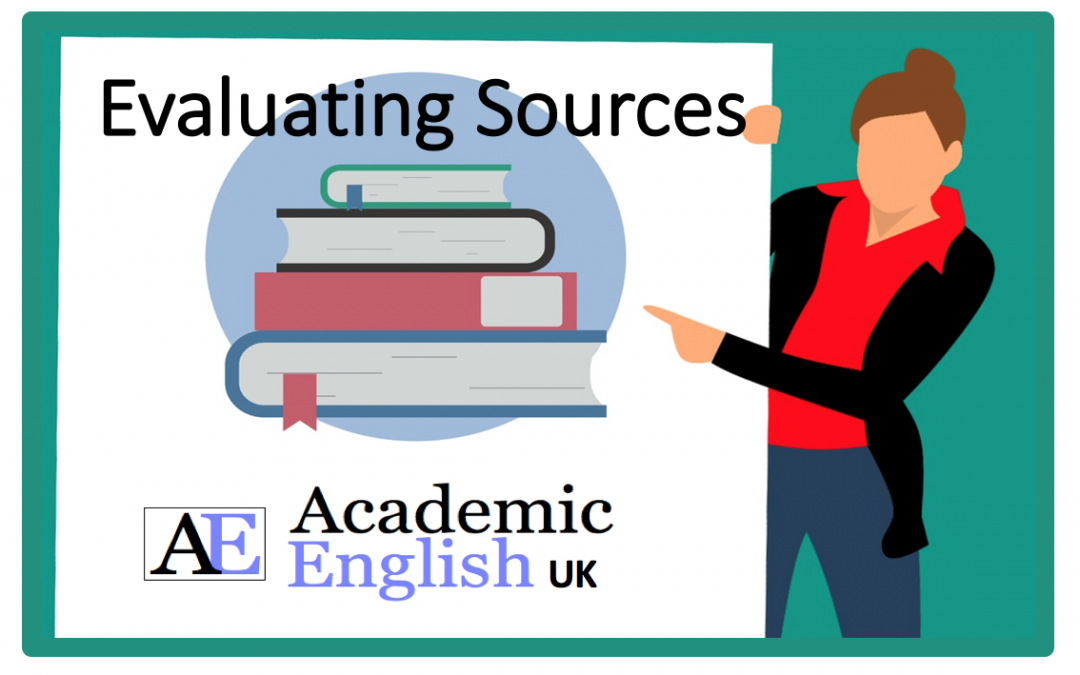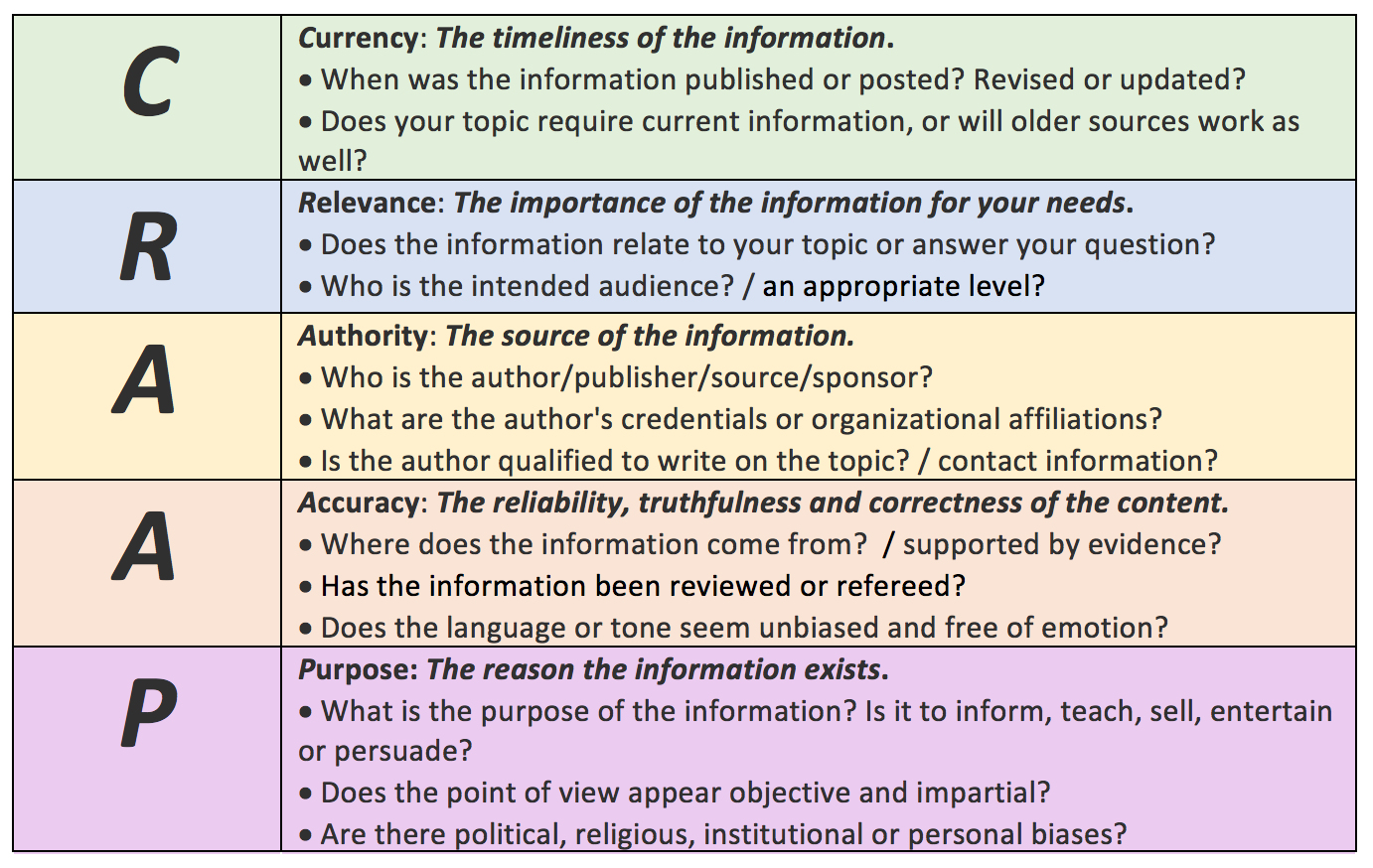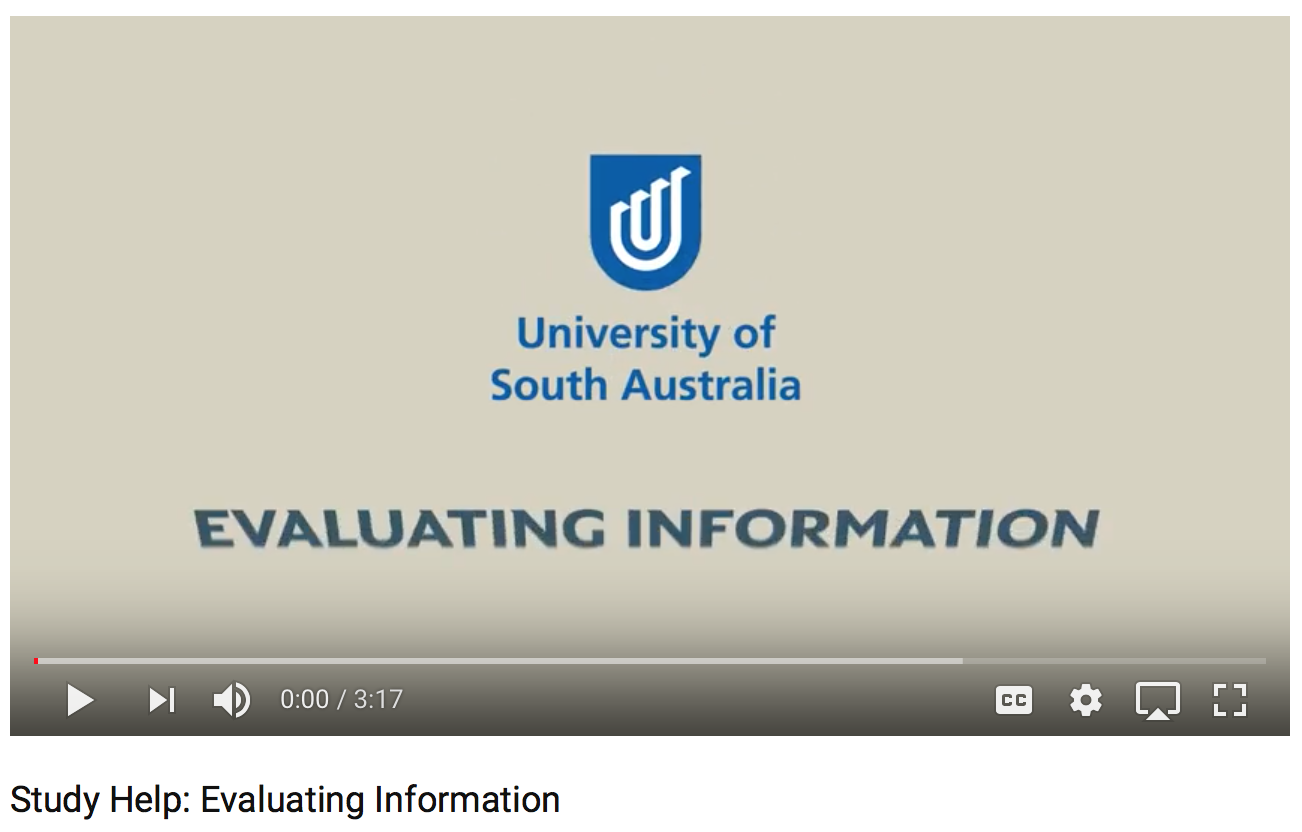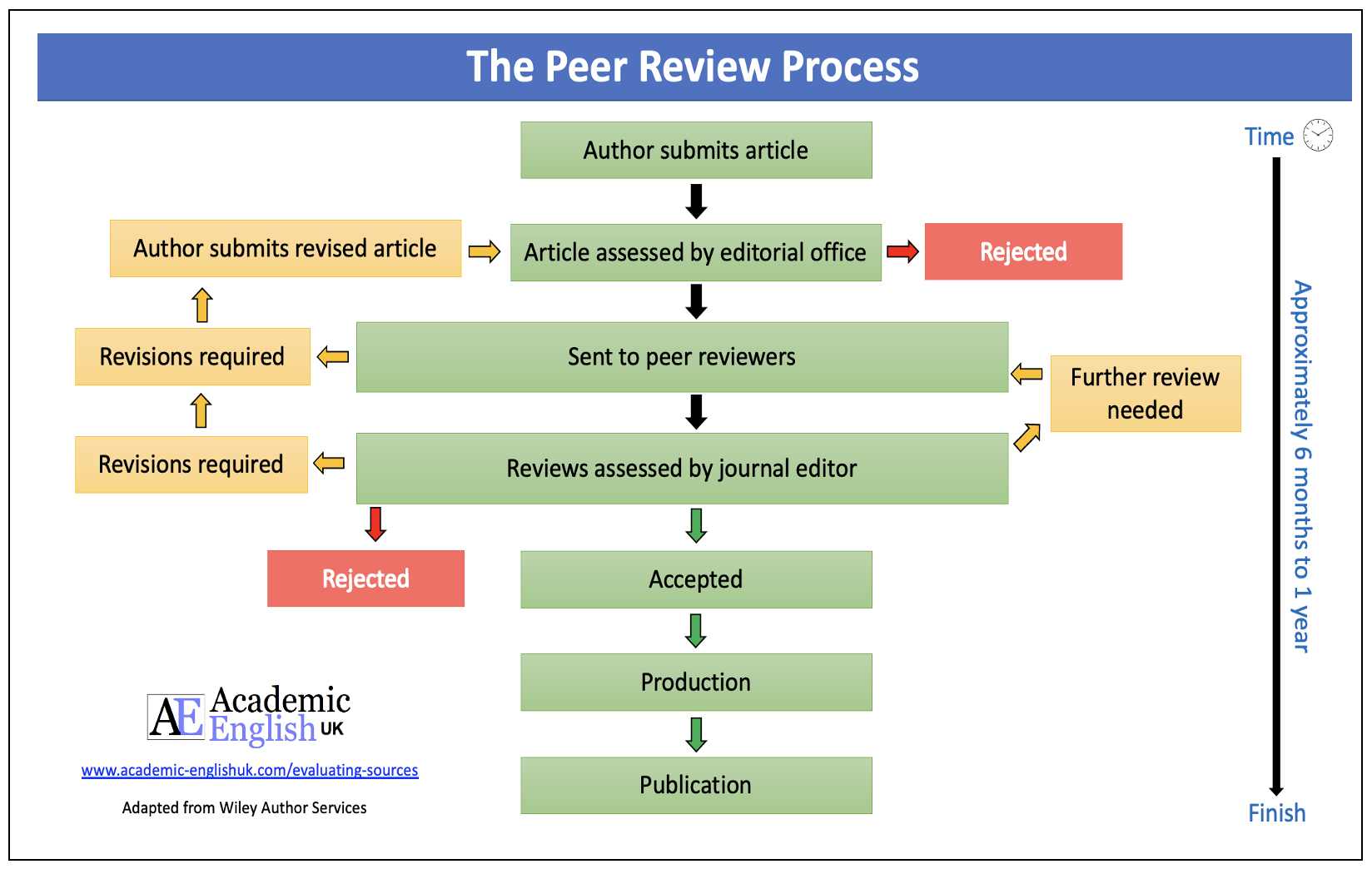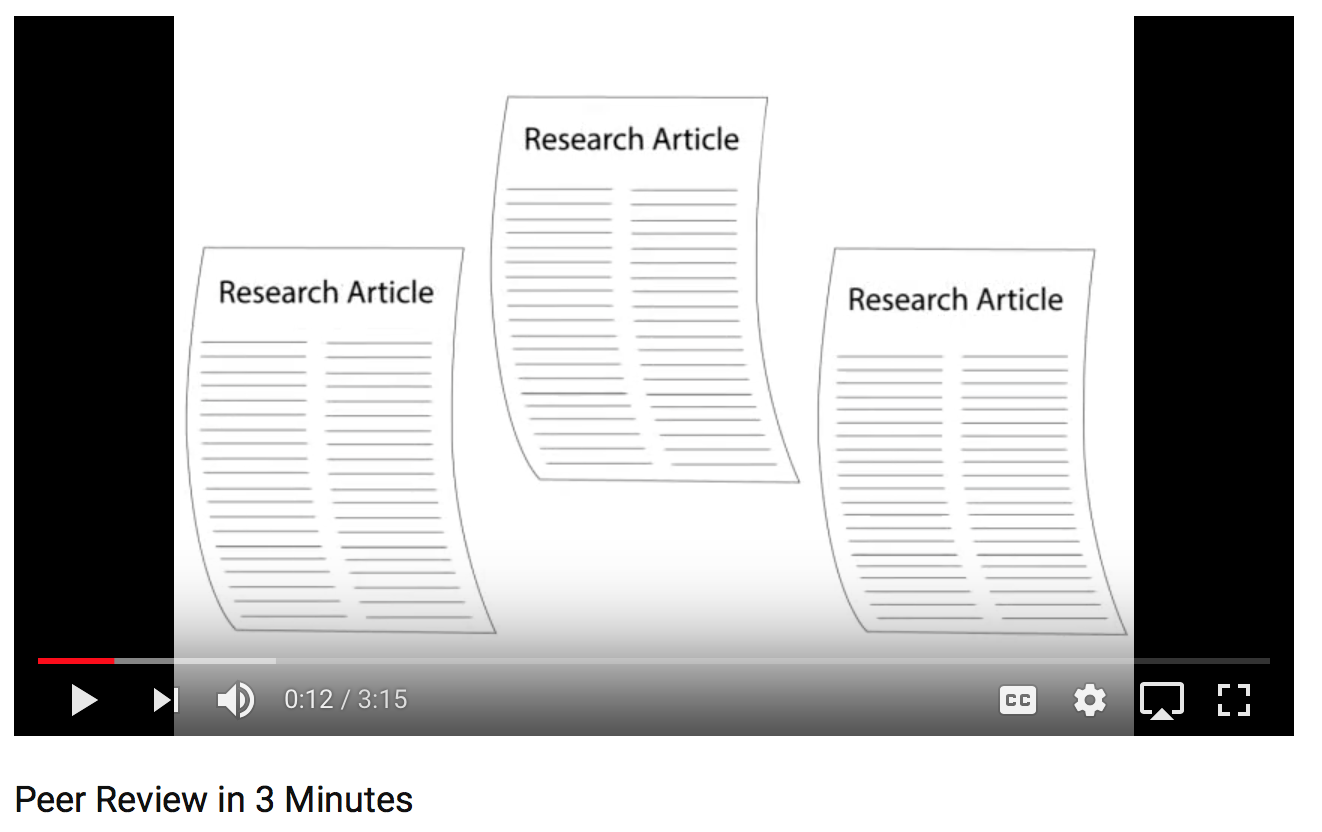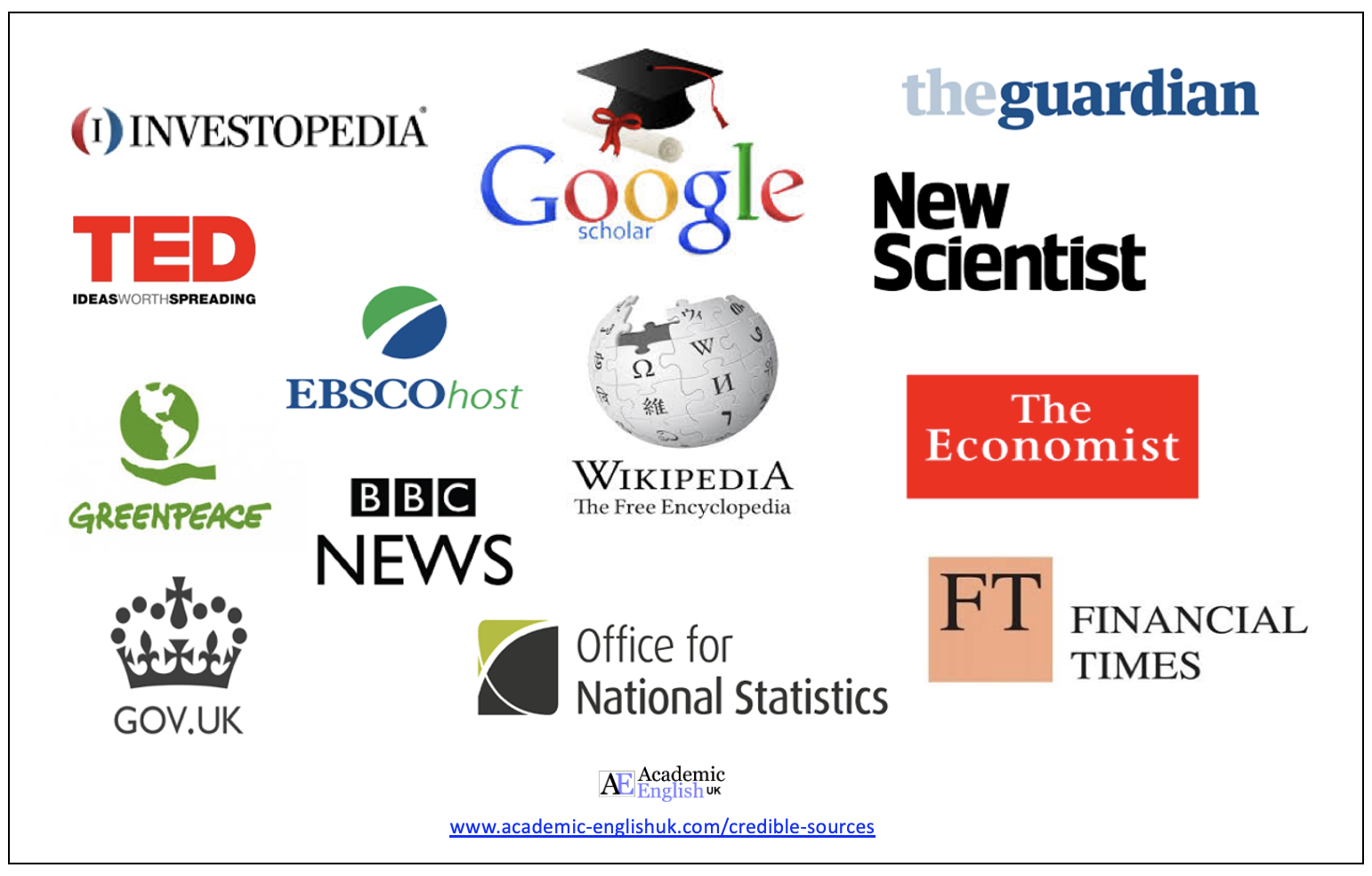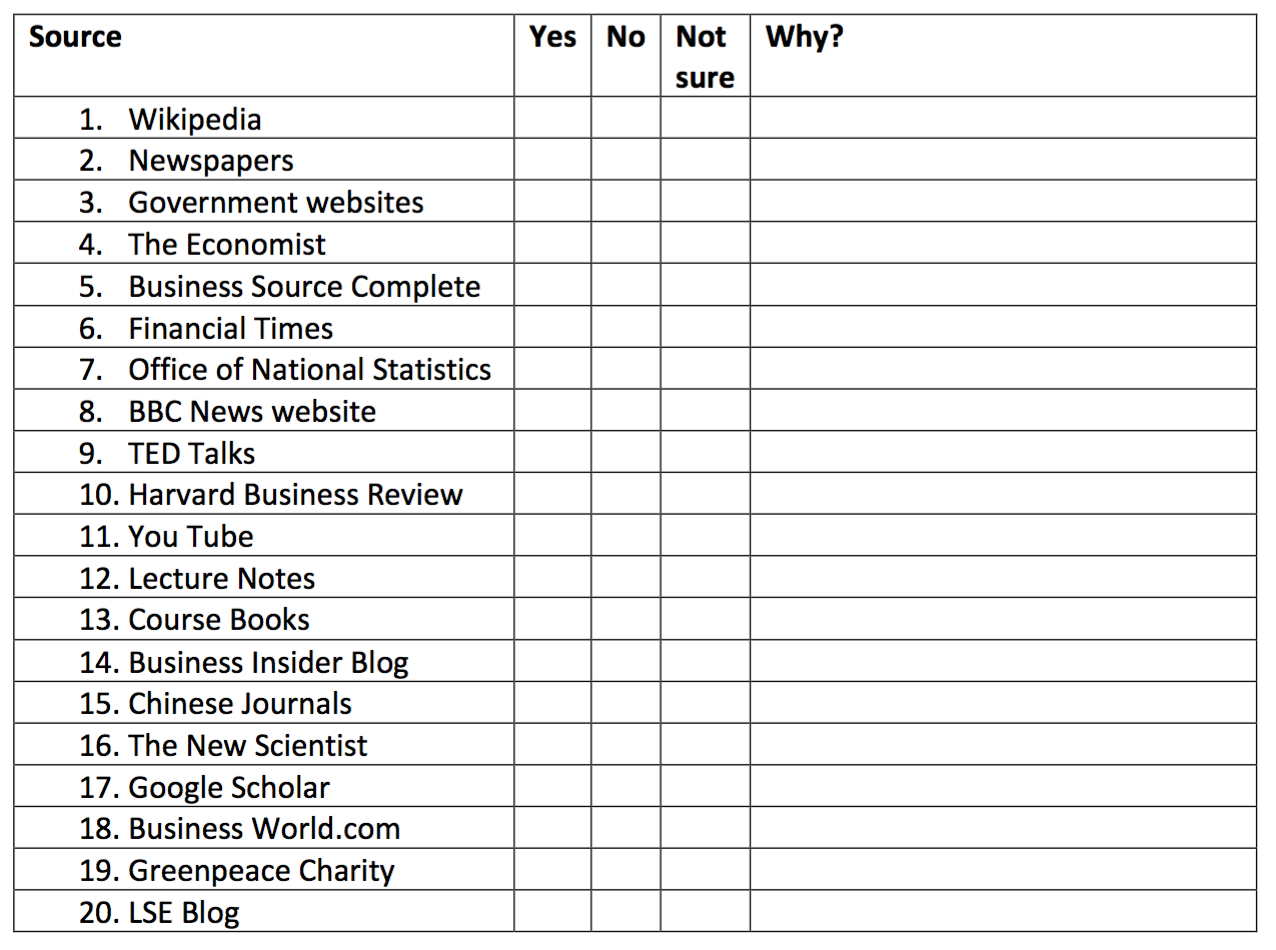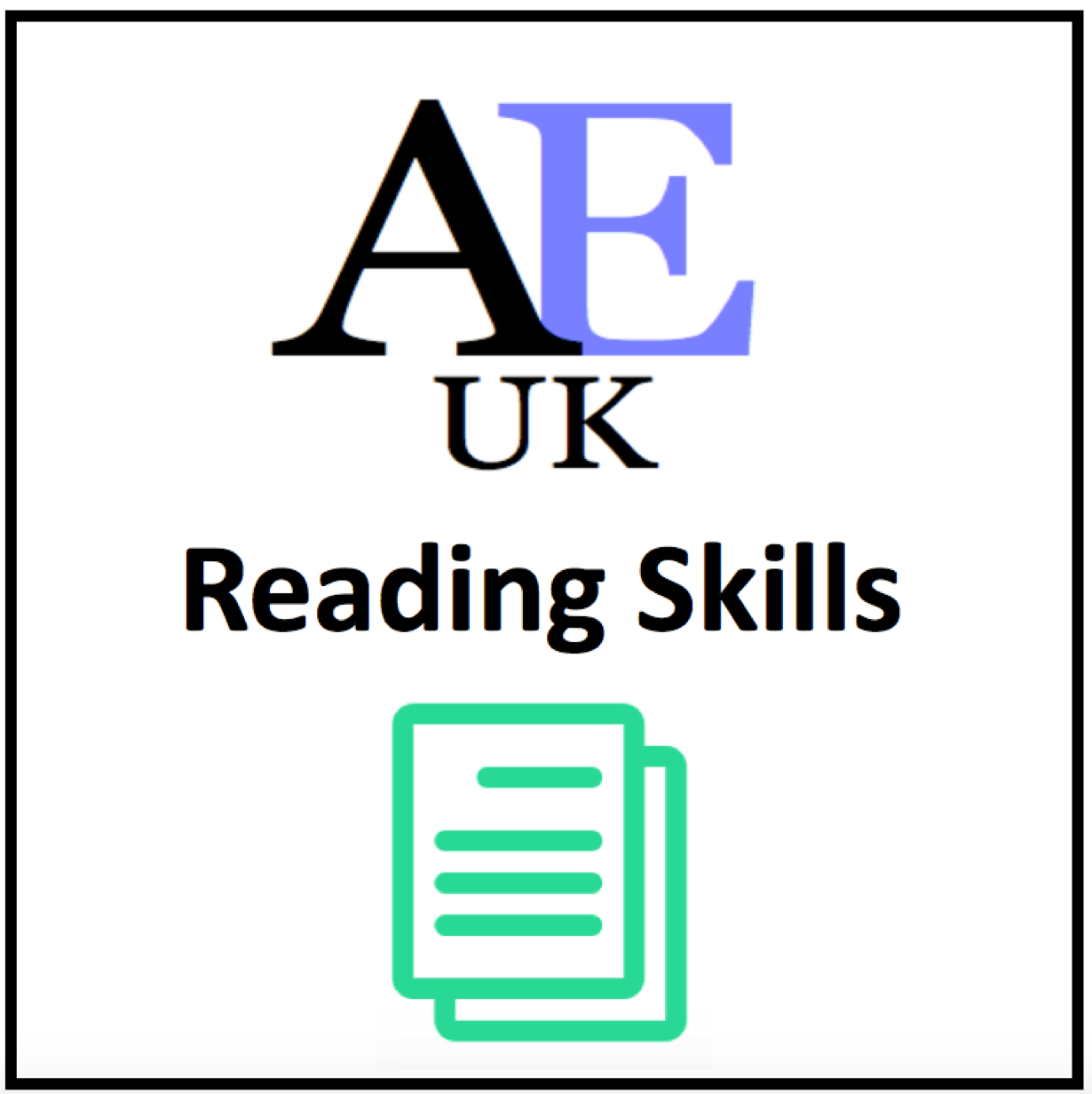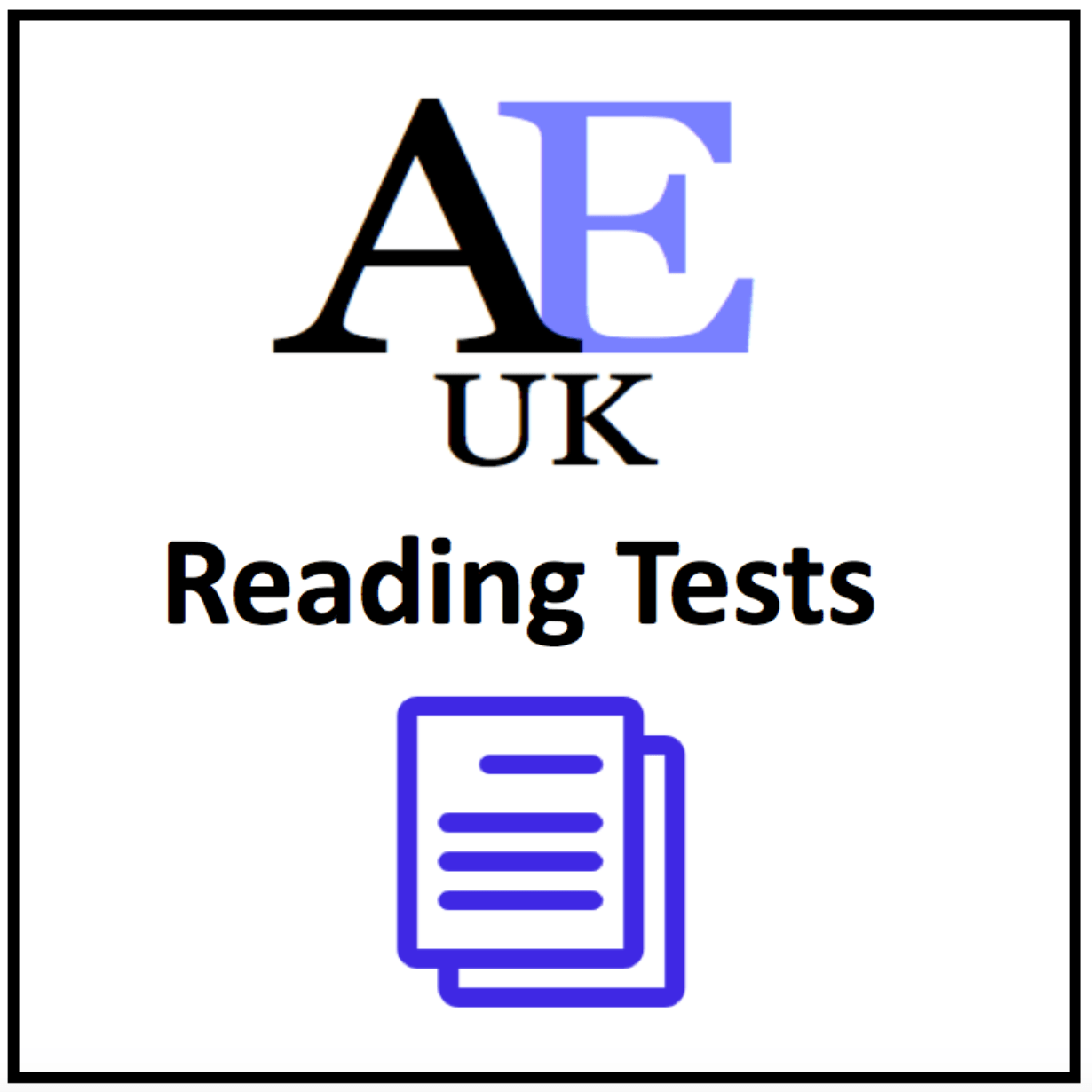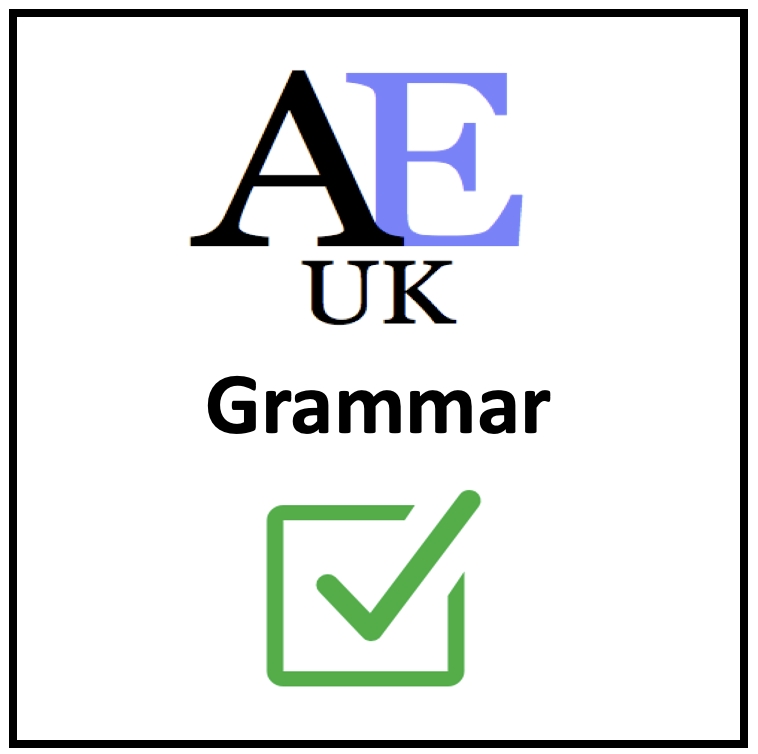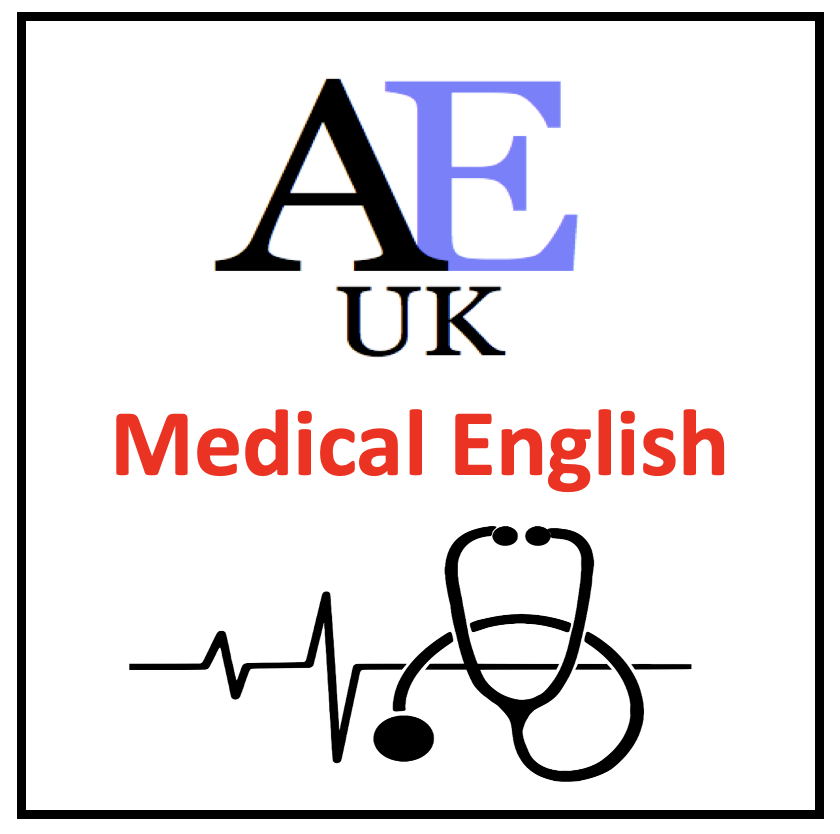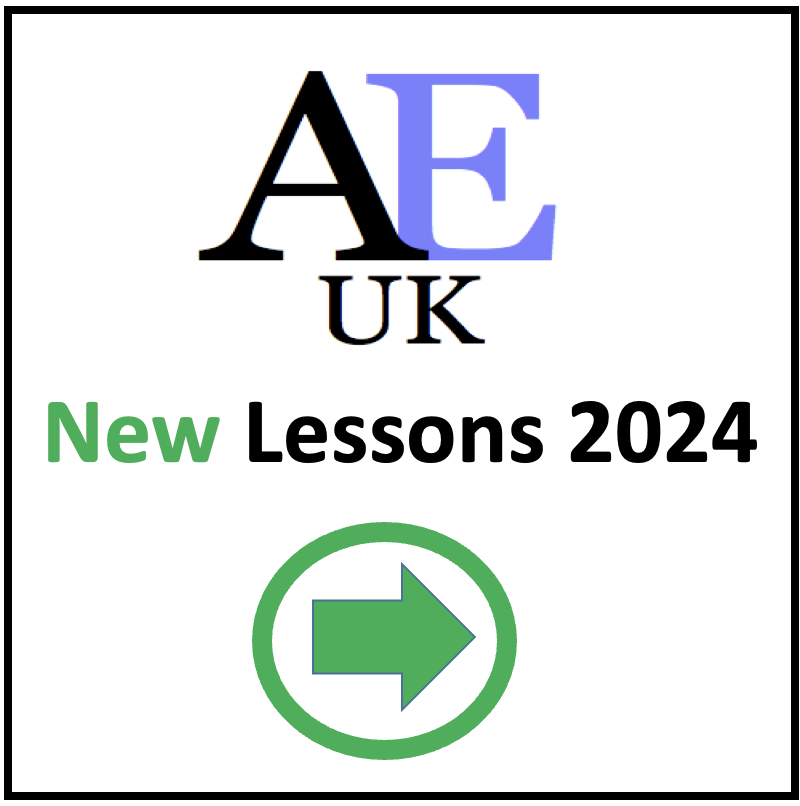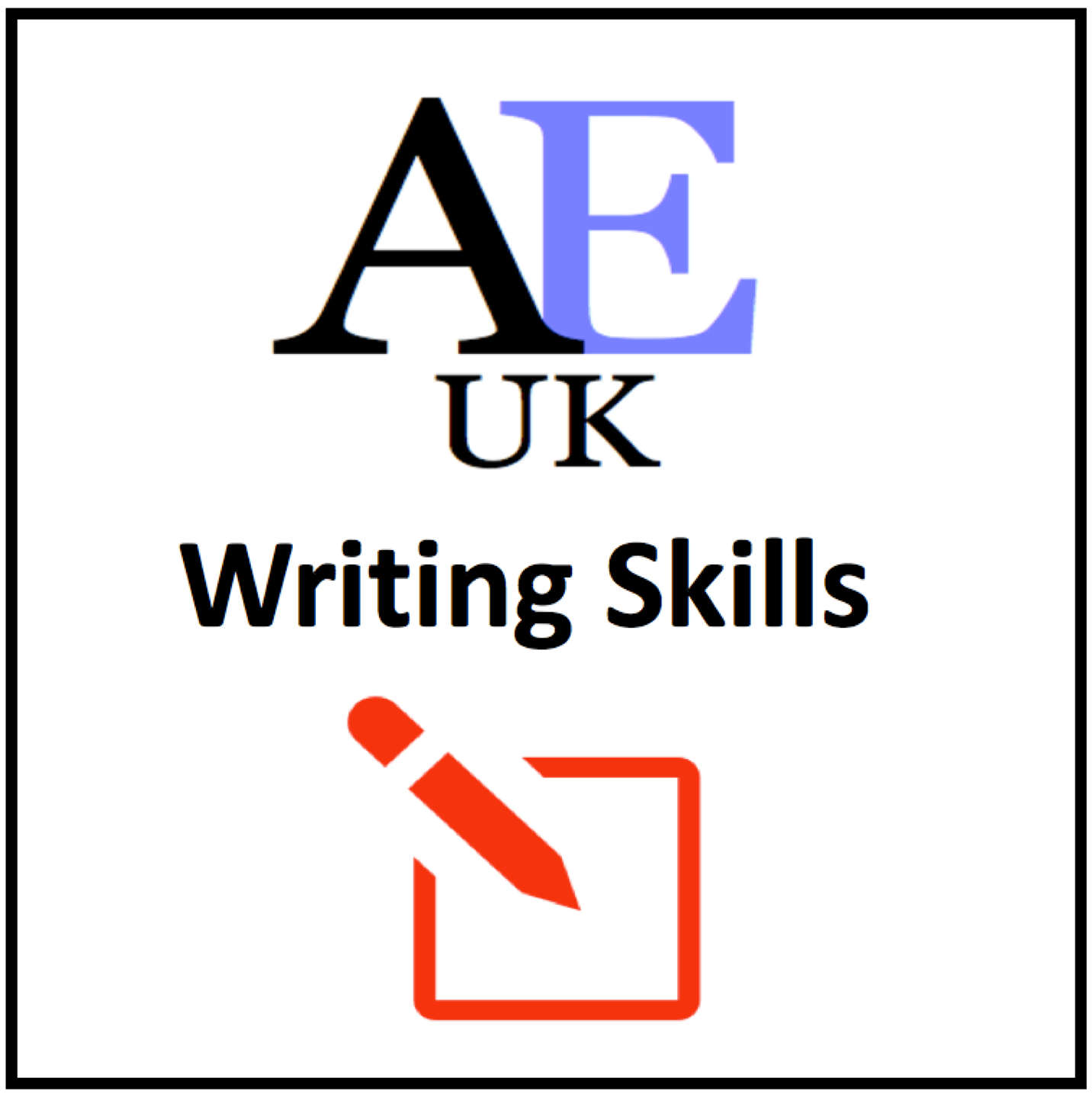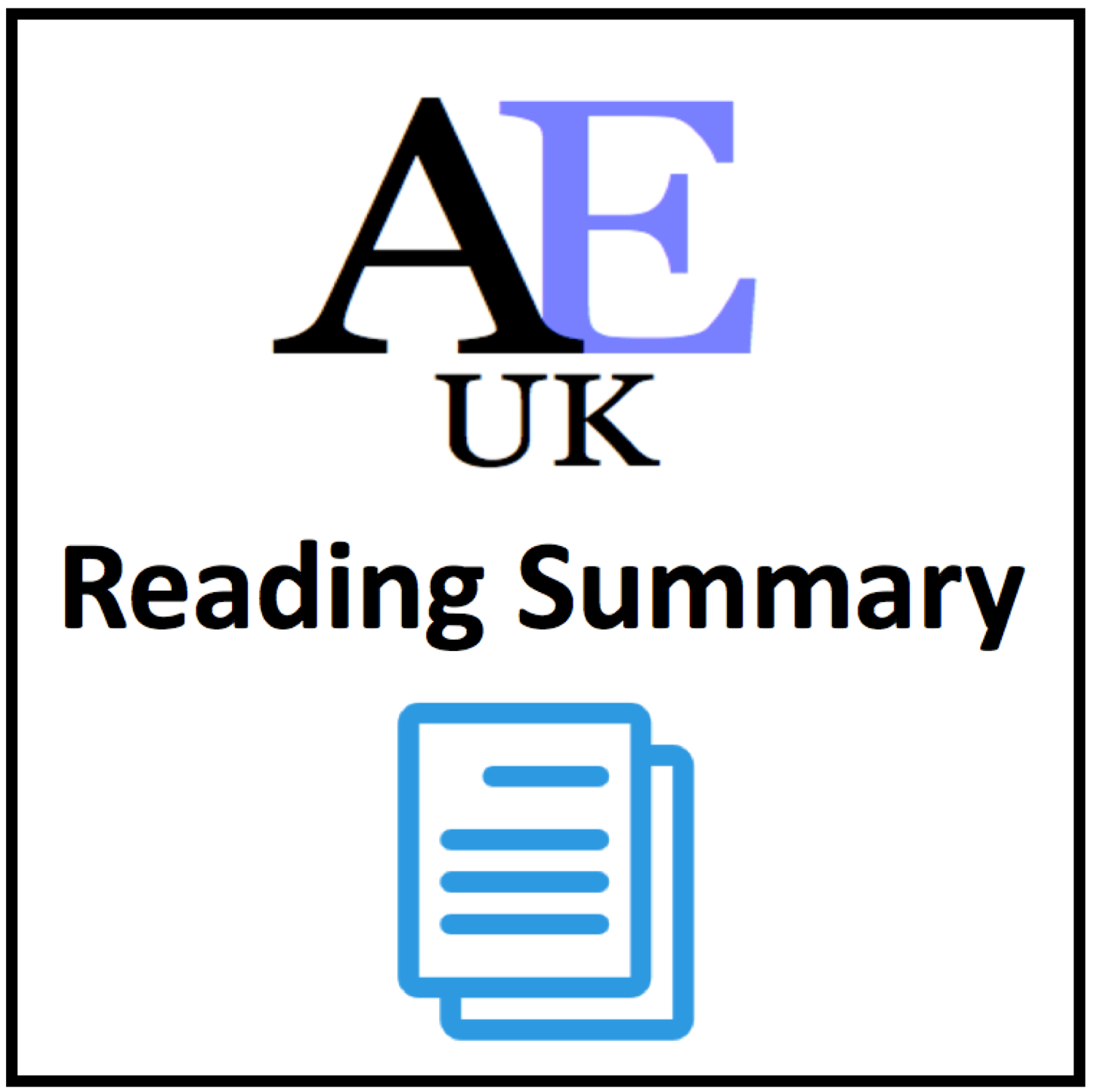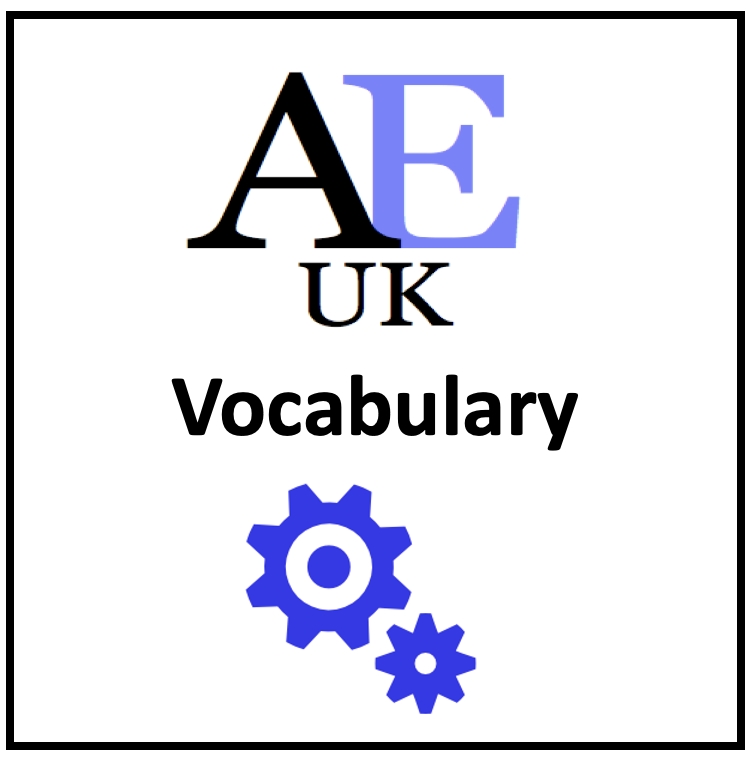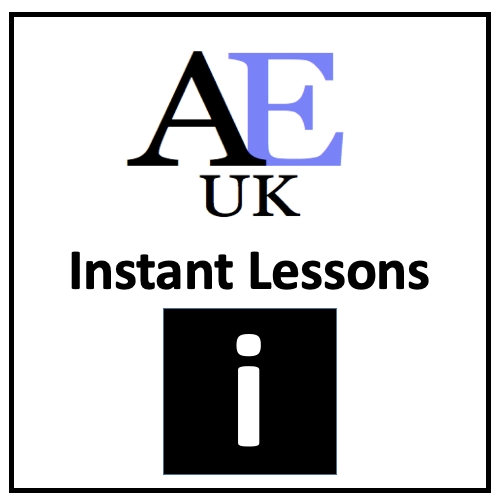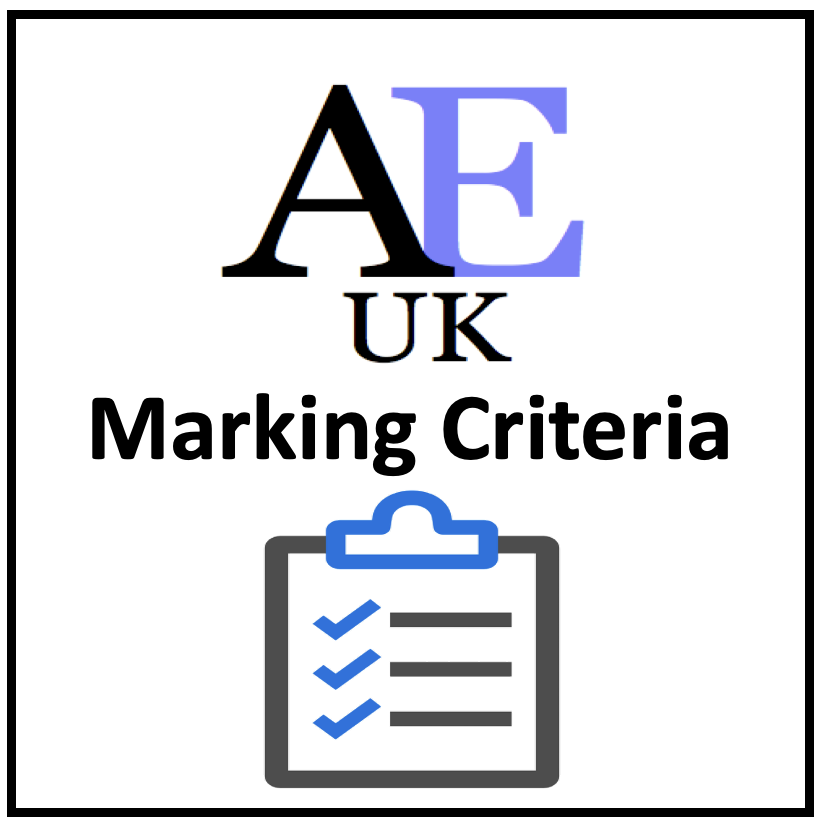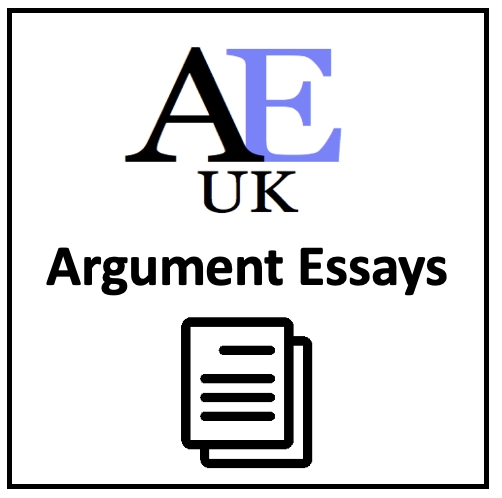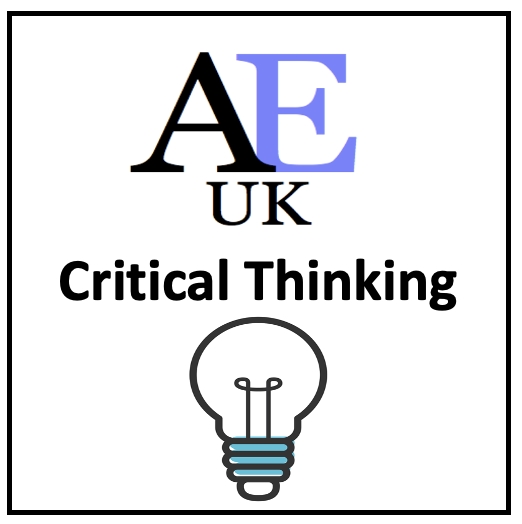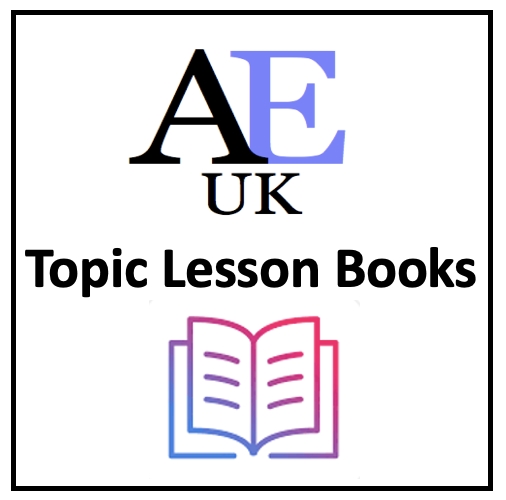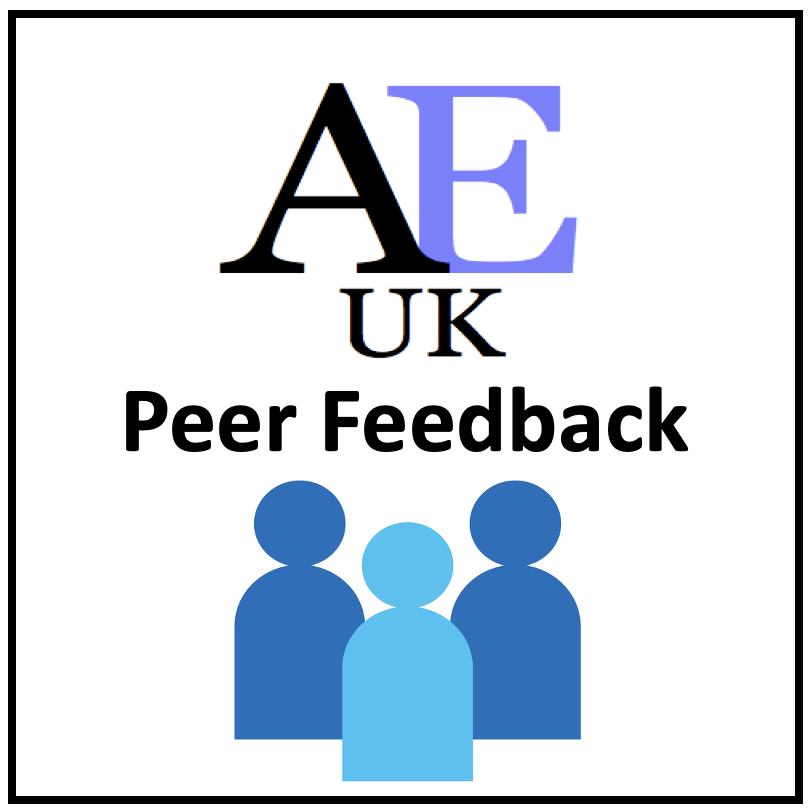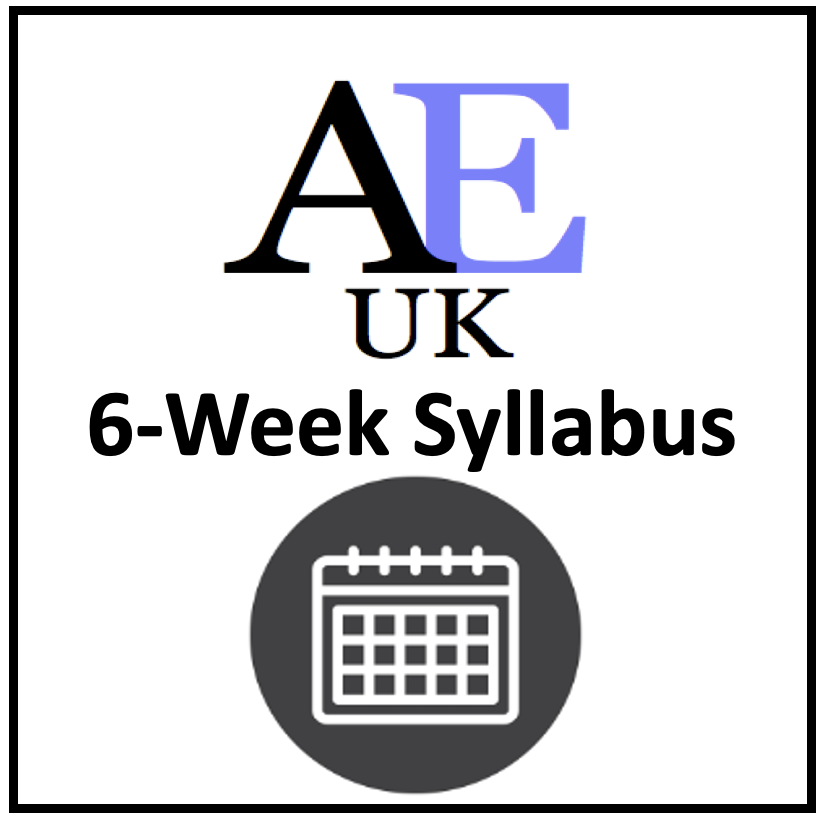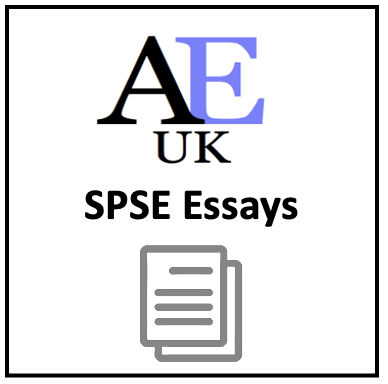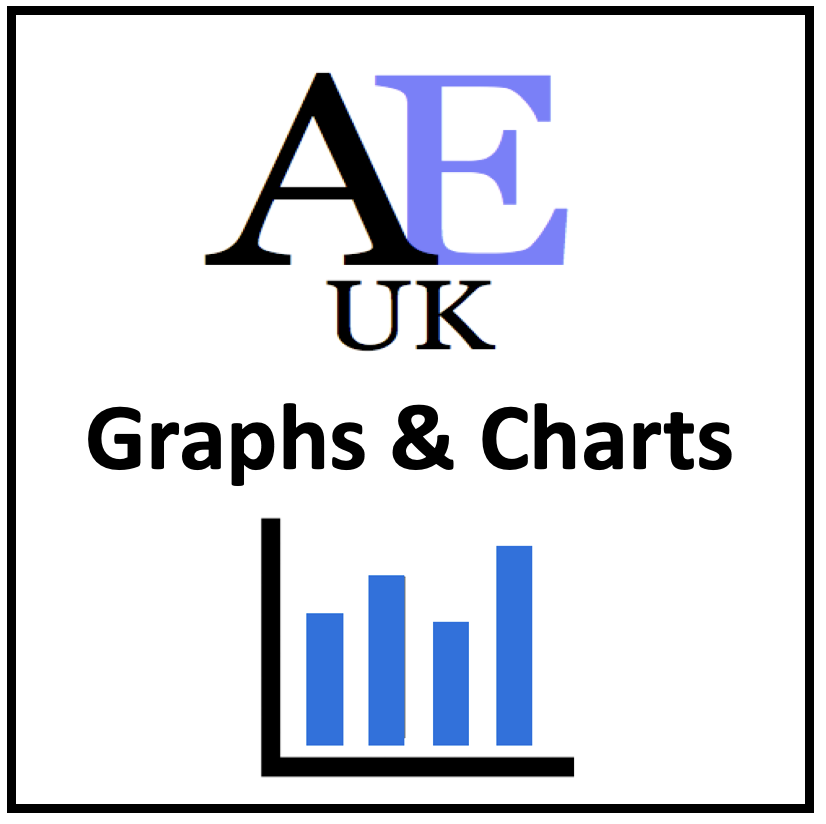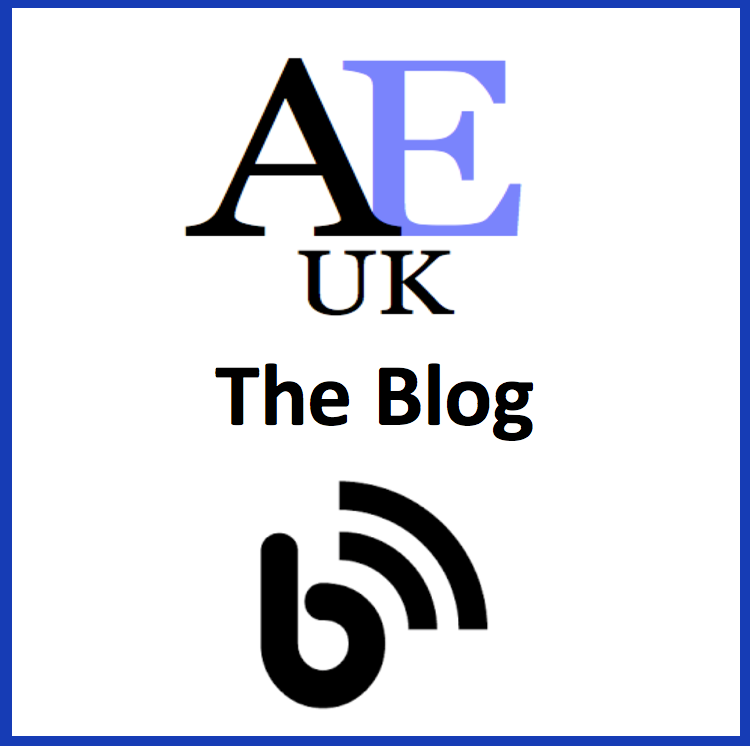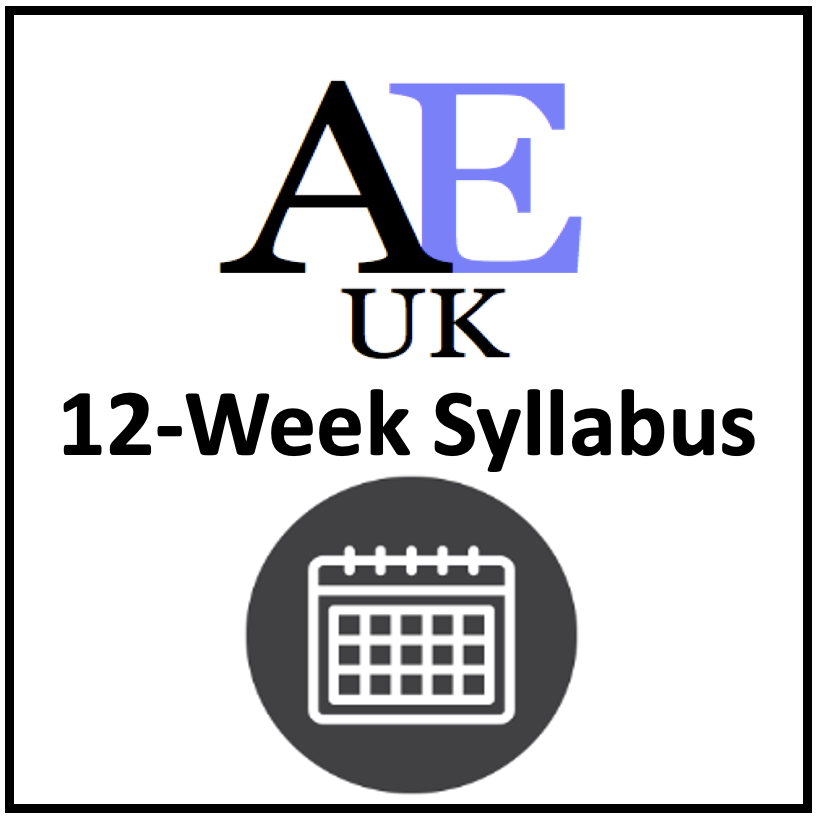Evaluating Academic Sources
What is evaluating sources?
Much of university life is based on good research skills. Of course, like all good skills it needs practice and strategies to be effective and efficient. At first, many students find it difficult to identify credible and trustworthy sources that can be used in their essays and assignments. However, a good knowledge of evaluative source tools (like the C.R.A.A.P Test) and understanding in the principles of the Peer Review Process are both highly beneficial in identifying key sources.
A guide to evaluating sources (The C.R.A.A.P Test)
The CRAAP Test is a list of questions to help you evaluate the information you find. The different criteria of the C.R.A.A.P Test is a really important guide on what you need for your assignment / research / or evidence.
Evaluating Information Video by University of South Australia
This video describes the key points / questions of the C.R.A.A.P test and helps you understand how to use it to evaluate whether a source is academically credible.
The C.R.A.A.P Test: A guide to evaluating sources – UoSA
This University of South Australia video explains what the C.R.A.A.P Test is and how to use it to evaluate all types of information. This worksheet helps students to understand what is considered to be a ‘credible’ source and how to check this using an evaluation tool Example. Level: ***** [B2/C1] / Video [03.17] / MP3 / TEACHER MEMBERSHIP / INSTITUTIONAL MEMBERSHIP
Peer Review Process
Peer Review Video – by NC State University
This informative video highlights how an academic scholar submits an article to a journal publishing company and the ‘Peer Review Process’ it goes through before it is published. There is a worksheet that accompanies the video to help consolidate the process.
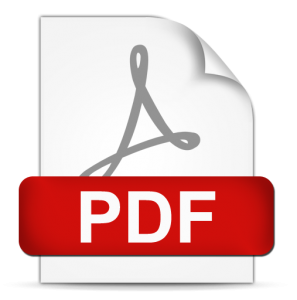 The Academic Journal Peer Review Process – NC State University
The Academic Journal Peer Review Process – NC State University
This NC State university video explains how an academic scholar submits a research paper to a journal publishing company and the full process the article goes through before it is published. This listening and worksheet helps students to understand what is considered to be a credible source and why. Example Level: ***** [B2/C1] / Video [03.15] / MP3 /TEACHER MEMBERSHIP / INSTITUTIONAL MEMBERSHIP
*
What types of sources should I use for writing academic essays?
Credible sources are generally texts that can be trusted and authoritative. These would be texts with support in terms of reliable evidence (facts, data, statistics) and often referring to previous work by academic authors. The most common credible sources are scholarly journals, conference papers and books because these have been peer-reviewed (read and approved for publication by other authors). However, there are good websites that can be used; generally ending in .gov / .edu / .ac.
Primary and Secondary Sources
Two types of sources: Primary and Secondary. A primary source is the main source of evidence. This can be raw data, records and key facts. A secondary source draws on the primary data and analyses it.
Key questions to ask when evaluating source material
Is there an author? Date?
Is there evidence? Where is it from? Sourced?
Is there a reference list? And in-text referencing?
Generally, there shouldn’t be glossy pictures or advertising.
It should be written in an academic formal style.
 Reading & Research Skills: What is a credible source?
Reading & Research Skills: What is a credible source?
This lesson highlights the key components of identifying credible and reliable resources. It includes a check list on 20 different sources and students have to decide whether these are credible or not. Page link Level ***** [B1/B2] TEACHER MEMBERSHIP / INSTITUTIONAL MEMBERSHIP
x
More Writing Resources
More digital resources and lessons
Readings
online resources
Tests
online resources
Grammar
online resources
Medical English
online resources
New for 2024
online resources
DropBox Files
Members only
Writing
online resources
Summary
online resources
Vocabulary
online resources
Instant Lessons
online resources
Marking Criteria
online resources
OneDrive Files
Members only
Listening
online resources
Argument
online resources
Critical Thinking
online resources
Topic-lessons
online resources
Feedback Forms
online resources
6-Week Course
Members only
Speaking
online resources
SPSE Essays
online resources
Free Resources
online resources
Charts and graphs
online resources
AEUK The Blog
online resources
12-Week Course
Members only

